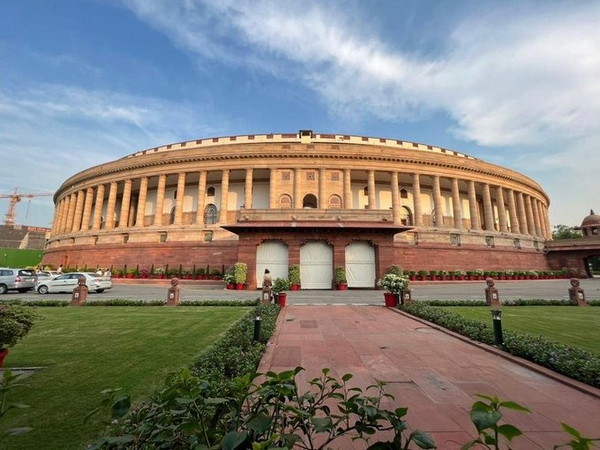The Rajya Sabha and the Lok Sabha will start separate discussions on Thursday on President Droupadi Murmu’s address which she delivered to both Houses of Parliament assembled together on January 31.
Both Houses will move a motion of thanks on the President’s address in the second half of the day.
In Rajya Sabha, Member of Parliament K Laxman is to move the motion initiating a debate on the President’s address to both Houses of Parliament assembled together on January 31.
Bharatiya Janata Party (BJP) MP and former Union Minister Prakash Javadekar will second the motion.
However, BJP MP Chandra Prakash Joshi will move the motion for debate on President’s address in the Lok Sabha. BJP MP Uday Pratap Singh will second the motion.
The President’s address is seen as one of the most solemn occasions in the Parliamentary calendar. It is the only time in the year when the whole Parliament comes together. Both Houses of Parliament later move motions to hold a debate on President’s address.
Ahead of the Union Budget on Wednesday, President Droupadi Murmu on Tuesday addressed the joint sitting of Parliament for the first time after assuming the position in July 2022 and spoke on the achievements of the government as well as its future goals.
In her speech, she lauded Prime Minister Narendra Modi’s government, saying that it “respects honesty” and is “stable, fearless and decisive, and works to fulfill big dreams”.
The Rajya Sabha, however, will start at 11 am with Chairman Jagdeep Dhankhar offering an obituary reference to the passing away of Shanti Bhushan, ex-Member of the House of Elders.
Besides, Union Ministers Ashwini Kumar Choube, SP Singh Baghel and BL Verma will table separately papers of the Ministry of Environment, Forest and Climate Change; Ministry of Law and Justice; and Ministry of Development of North Eastern Region respectively in the Rajya Sabha. (ANI)
Read more: http://13.232.95.176/

